The phrase “root canal” conjures up some unpleasant associations for many people. Some may hear a phantom drill going off. Others may scrunch up their faces in pain just imagining what it might feel like. But they’ve got it all wrong!

When You Know Better, You Feel Better
Root Canals are a PAIN RELIEVING procedure.There are some major misconceptions about root canals out there in our universe, and today we’re going to clear them up. A lack of proper information is generally the cause of any fear or apprehension. Knowing exactly what a root canal is, how it’s done, and why it may be necessary for you can calm any fears you may have.
What Is A Root Canal?
A root canal is the process of removing an infected nerve from the tooth and disinfecting the tooth from the inside out to stop the spread of infection in its tracks. Once disinfected the tooth is then sealed from the tip of the root back through the top or crown of the tooth.. A root canal can restore your original tooth and therefore maintain your overall dental health and smile.. Once the root canal procedure is completed many teeth need to be “built back up” with a post and filling. They are then sealed and protected with a crown to ensure maximum life of the tooth.
Our teeth contain passageways–a main ‘branch’ and other tiny branches that run from the top of the tooth down to the tip of the root. All teeth have between one and four root canals. When the pulp, or innermost chamber of the tooth becomes infected, it can begin negatively affecting the roots, gums and neighboring teeth. This may call for a root canal procedure.
Myth: Root Canals hurt
Au contraire, mon frère! Root canals today are painless procedures.
One of the reasons this myth persists is the origin. In the ‘olden days’, the only treatment for a diseased tooth was tooth extraction! Advancements in modern dentistry have changed root canals completely and they no longer cause the intense discomfort they used to. Today, they save problem teeth with minimally invasive treatment.
Myth: It’s Better to Extract The Infected Tooth
The aim of the root canal–and most restorative dental treatments–is to save the tooth. We want to prevent the domino effect that occurs from losing teeth. This is because tooth loss introduces many long term issues that may become much more expensive and complicated without an investment in restorative dental care.
When a tooth is removed, the bone that once supported it shrinks. This causes the surrounding teeth to begin shifting around. This puts more stress on other teeth that are not designed to take that kind of stress. From misaligned bites to a change in facial shape, tooth loss and teeth shifting are undesirable outcomes.
Myth: Root Canals Introduce Other Infections
To date, there isn’t any scientific evidence linking root canal-treated teeth and disease anywhere else in the body. If a severe infection in a tooth requires endodontic treatment, that treatment eliminates bacteria from the infected root canal, therefore resolving the infection present in the tooth, surrounding bone and gums..
Root Canal Symptoms
Now that we’ve debunked some myths, you might be feeling empowered about root canal therapy. Here is a little more information for you: how to spot potential signs that you may need to seek treatment. If you are experiencing the following, it is best to schedule a visit with your dentist for a professional examination as soon as possible:
- Consistent pain when biting or chewing
- Increased tooth sensitivity to hot or cold liquids and foods
- Pressure and pain felt within a particular tooth
- An abscess on your gums that releases pus or blood
- Radiating pain in the mouth that worsens over time
You may also have:
- A dental injury that exposes the nerve of the tooth
- A crack in the tooth that extends into the nerve, or large cavity
- A chipped tooth or regular tooth decay may require root canal therapy if left untreated
Your Appointment for Root Canal Therapy In Oklahoma City
The best way to treat root canals is to treat them early. If you are experiencing pain or haven’t been to the dentist in awhile, please give our office a call at 405-631-0322 and we will get you on the path to wellness!

Comments are closed.